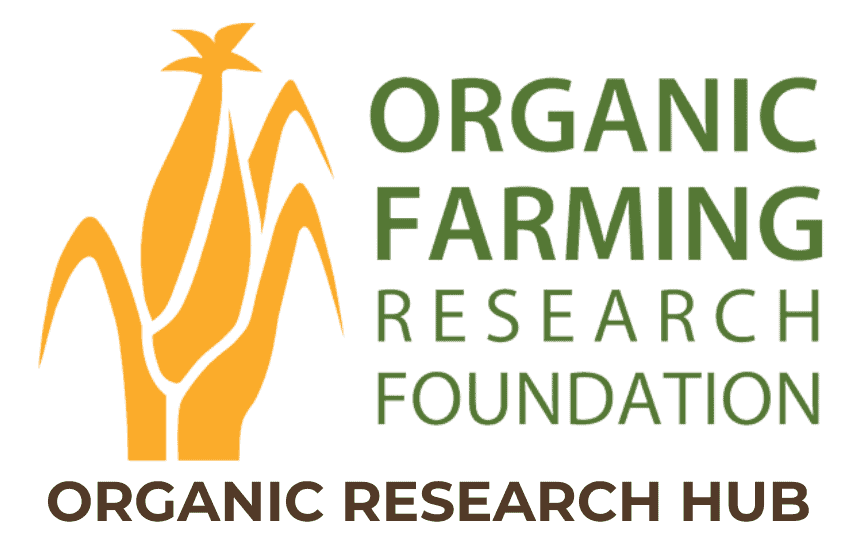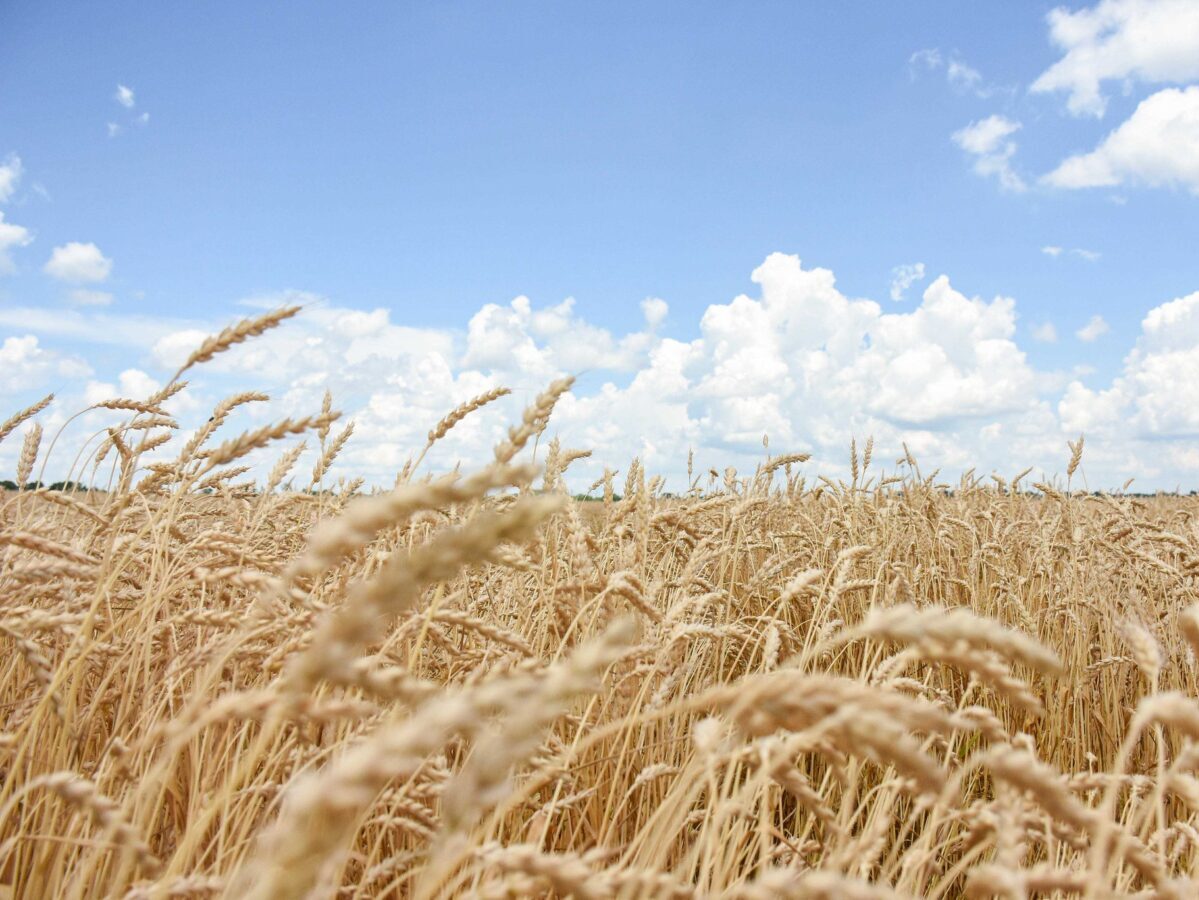Creating Open-Pollinated, Enhanced Sweet Corn Varieties
Jonathan Spero, Lupine Knoll Farm

Very little sweet corn grown commercially today is open-pollinated. Farmers who want to save their own seed have few, if any, good choices of varieties to grow. Additionally, today’s hybrids have been developed for conditions that differ from those found on most organic farms. These hybrids were selected to perform well with fungicides and pesticides, as well as to effectively utilize large quantities of soluble synthetic fertilizers. Organic sweet corn growers deserve better options.
Our best source of agronomic traits that are friendly to organic practices often comes from old varieties developed before the advent of pesticides, fertilizers, and other components of what we now refer to as conventional agriculture. However, these older varieties do not meet today’s sweetness standards. This project aims to increase sweetness levels in open-pollinated corn and stabilize a cross between ancient and modern corn varieties to create new options.
The purpose of the grant was to develop sweeter open-pollinated corn and to document how others can achieve this. Four years of selection in Top Hat and Tuxana corn, along with two years of selection in Ana Lee and Festivity corn, have been completed under this grant, and the work is leading to the development of Top Hat and Tuxana sweet corn. Seed from the F6 generation will be planted in 2014; this corn will be evaluated, and seeds may be available for sale by the end of 2014 under license from the Open Source Seed Initiative (OSSI). Evaluation of the 2014 crops will determine whether any additional selection or breeding is needed. Breeding of other lines (yellow and multi-colored) began in 2013, and these will take more time before release.
This is an on-farm corn improvement initiative, achievable by gardeners and farmers anywhere corn can be grown. Half-sibling evaluations (ear-to-row in corn) are suitable for developing or improving open-pollinated varieties of any outcrossing species. Work under this grant will expand and enhance options for organic sweet corn growers. This project is initiated, designed, and executed by farmers and breeders.
Region
Northwest
Topic
Plant Breeding, Varieties, and Seeds
Category
Vegetables/Fruits
Date Range
2011-2020
Funding Amount
Year 1: $9,490
Year 2: $8,870
Year 3: $8,410
Year 4: $8,060
Funding Year
Location
Grants Pass, Oregon
Collaborators
John Juvik, University of Illinois



